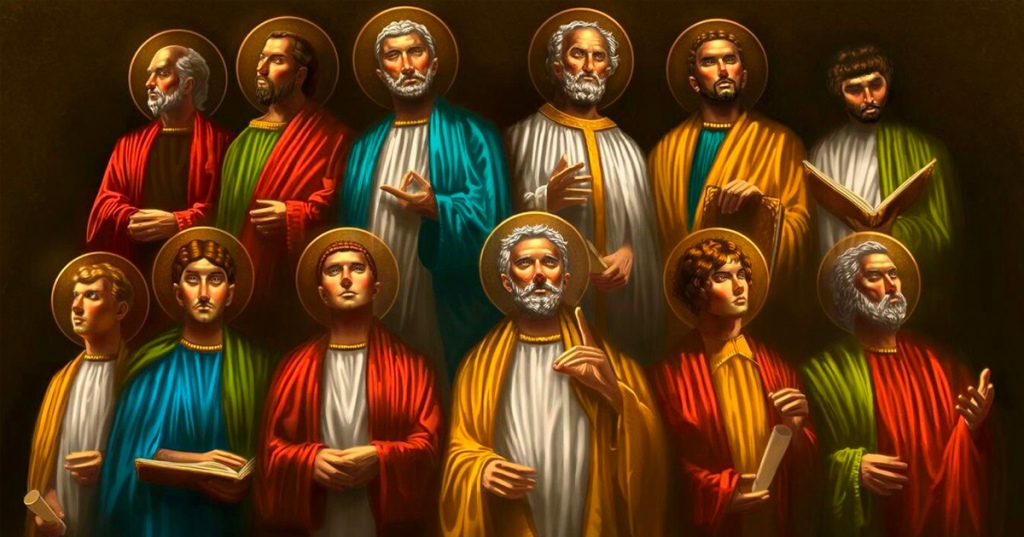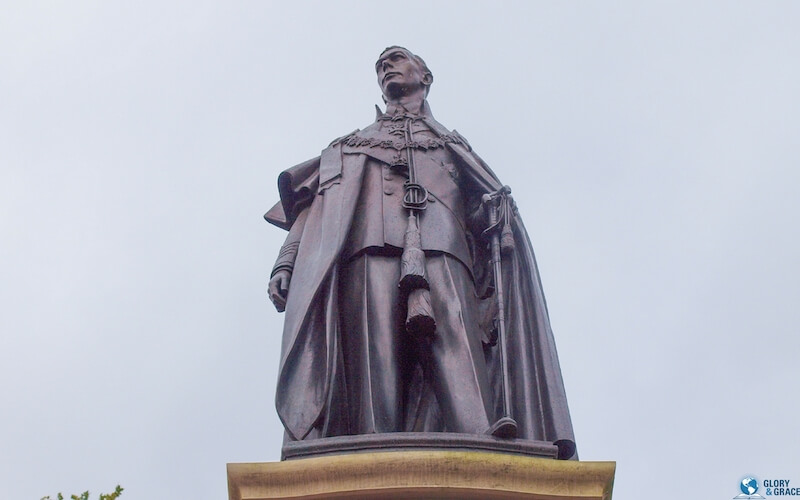The impact of Jesus’ disciples on early Christianity was immense and played a crucial role in the spread and growth of the new faith. The disciples were the closest followers of Jesus Christ during his ministry on Earth, and they continued his teachings after his death and resurrection. Through their dedication, courage, and faith, the disciples helped establish the foundations of the Christian religion, which has since become one of the largest and most influential religions in the world.
One of the most significant ways in which the disciples impacted early Christianity was through their preaching and evangelism. After Jesus’ ascension into heaven, the disciples traveled far and wide to share the Gospel with others, converting many to the new faith. In the Book of Acts, we see the disciples boldly proclaiming the message of Jesus to all who would listen. Acts 5:42 states, “And daily in the temple, and in every house, they ceased not to teach and preach Jesus Christ.”
The disciples also played a crucial role in the establishment and organization of the early Christian church. In the Book of Acts, we read about how the disciples appointed leaders and elders to oversee the growing number of believers and ensure that the teachings of Jesus were faithfully passed down. Acts 14:23 says, “And when they had ordained them elders in every church, and had prayed with fasting, they commended them to the Lord, on whom they believed.”
Furthermore, the disciples were instrumental in spreading the message of salvation to both Jews and Gentiles, breaking down cultural and religious barriers. Through their efforts, Christianity expanded beyond the borders of Israel and reached people of different backgrounds and nationalities. In Acts 13:46-47, Paul and Barnabas declare, “We had to speak the word of God to you first. Since you reject it and do not consider yourselves worthy of eternal life, we now turn to the Gentiles. For this is what the Lord has commanded us: ‘I have made you a light for the Gentiles, that you may bring salvation to the ends of the earth.'”
The disciples also faced significant opposition and persecution for their beliefs, yet they remained steadfast in their faith and willingness to suffer for the sake of the Gospel. In Acts 5:41, we read about how the disciples rejoiced at being counted worthy to suffer for the name of Jesus. This commitment and resolve served as a powerful example to early Christians facing similar challenges.
Moreover, the disciples were instrumental in the writing and preservation of the New Testament, which contains the teachings and accounts of Jesus’ life, death, and resurrection. Many of the disciples themselves authored books of the Bible, such as Matthew, John, Peter, and James. These writings continue to serve as a foundational source of Christian doctrine and belief.
In addition to their spiritual impact, the disciples also established a strong sense of community and fellowship among early Christians. They encouraged believers to support one another, share in each other’s joys and sorrows, and live out their faith in practical ways. Acts 2:42-47 describes how the early believers devoted themselves to the apostles’ teaching, fellowship, breaking of bread, and prayer, creating a vibrant and loving community.
The disciples’ impact on early Christianity can still be seen and felt today, as their teachings and examples continue to inspire and guide believers worldwide. Their willingness to follow Jesus, even unto death, serves as a powerful reminder of the call to live a life of faith and obedience. Matthew 16:24 states, “Then Jesus said to his disciples, ‘Whoever wants to be my disciple must deny themselves and take up their cross and follow me.'”
In conclusion, the disciples of Jesus played a pivotal role in the development and growth of early Christianity. Through their preaching, organization, evangelism, and example, they helped establish the foundations of the Christian faith and spread the message of salvation to all people. Their legacy continues to impact believers today, inspiring them to follow in the footsteps of the disciples and live out their faith with courage and conviction.




